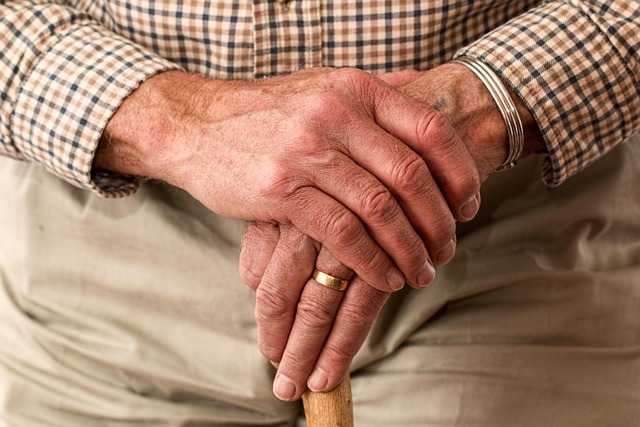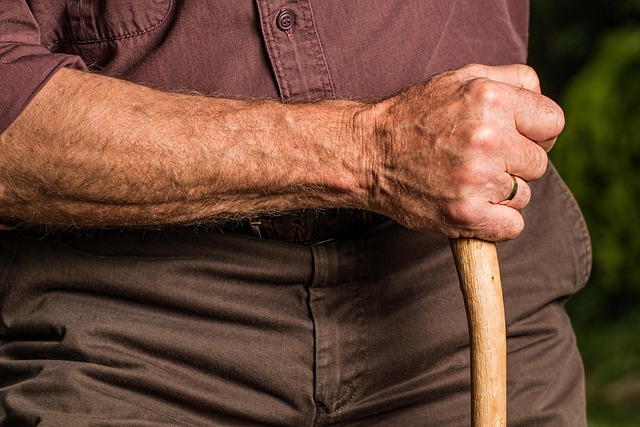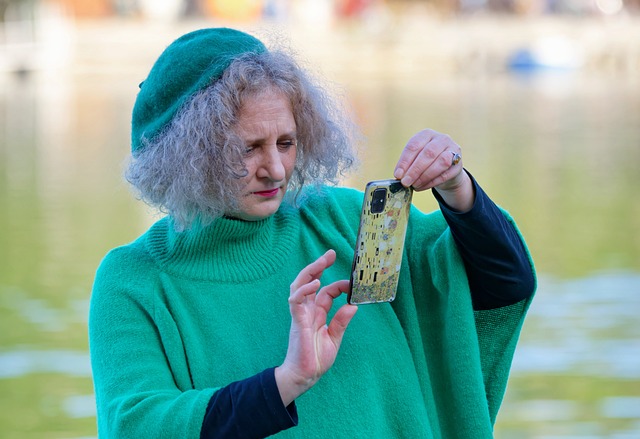Elderly Companion Services are vital for improving seniors' quality of life at home, offering personalized support, companionship, and assistance with daily tasks. The best services tailor plans to individual needs, include expert care for health conditions like chronic diseases or mobility issues, and provide additional support such as medication management and emergency response. Regular communication, understanding client needs, tailored care, continuous training, and compassionate relationships are key best practices.
In-home health monitoring assistance is a vital service for elderly individuals seeking to maintain independence while ensuring safety and well-being. This article explores the transformative power of Elderly Companion Services, delving into their multifaceted roles and substantial benefits. We guide you through the process of selecting the ideal companion service, highlighting best practices that significantly enhance the quality of life for our aging population. Understanding these services is a crucial step in navigating the support options available today.
- Understanding Elderly Companion Services: The Role and Benefits
- How to Choose the Right In-Home Health Monitoring Assistance
- Enhancing Quality of Life: Best Practices for Elderly Companion Service Providers
Understanding Elderly Companion Services: The Role and Benefits

Elderly Companion Services play a vital role in enhancing the quality of life for the elderly, especially those who prefer or require assistance in the comfort of their homes. These services are designed to offer personalized support, companionship, and assistance with daily tasks, ensuring elders maintain independence and dignity. A companion can help with a range of activities, from simple tasks like meal preparation and medication reminders to more complex duties such as house management and transportation.
The benefits are numerous; it provides seniors with increased safety and security, as companions can assist in emergency situations and monitor for potential hazards at home. It also helps combat feelings of loneliness and isolation by offering regular companionship and social interaction, which is crucial for mental well-being. Furthermore, these services enable elders to age in place, delaying the need for more intensive care or relocation to a care facility.
How to Choose the Right In-Home Health Monitoring Assistance

Selecting the ideal in-home health monitoring assistance is a crucial step in ensuring your loved ones receive the best care. When considering elderly companion services, look for providers that offer tailored plans based on individual needs. Assess their capabilities in managing specific health conditions, such as chronic diseases or mobility issues, and choose a service with staff trained to handle these scenarios.
Research different agencies and read client reviews to gauge the quality of care. Check if they provide regular communication channels for updates on your loved one’s well-being. Additionally, consider the availability of support services like medication management, reminders for appointments, and assistance with daily tasks, as these can significantly enhance overall comfort and safety in the home environment.
Enhancing Quality of Life: Best Practices for Elderly Companion Service Providers

In-home health monitoring assistance, provided by elderly companion services, significantly enhances the quality of life for seniors. By offering regular check-ins, assistance with daily tasks, and prompt response to emergencies, these services ensure that elders receive the care they need in the comfort of their homes. Companion service providers play a crucial role in maintaining their clients’ independence while promoting social interaction, which is vital for mental well-being.
Best practices for elderly companion services include building trust through consistent communication, understanding individual needs and preferences, and providing personalized care plans. Additionally, continuous training on health monitoring techniques, safety protocols, and eldercare best practices ensures that service providers are equipped to handle a range of situations effectively. A compassionate and patient attitude further strengthens the bond between caregiver and client, fostering an environment where seniors feel valued and respected.
In-home health monitoring assistance, provided through Elderly Companion Services, plays a pivotal role in enhancing the quality of life for seniors. By understanding the benefits and choosing the right providers, we can ensure our loved ones receive compassionate care tailored to their needs. Best practices for elderly companion service providers underscore the importance of maintaining safety, promoting independence, and fostering a sense of comfort and companionship. As we navigate an aging population, these services are not just a convenience—they’re a game-changer in senior care.
